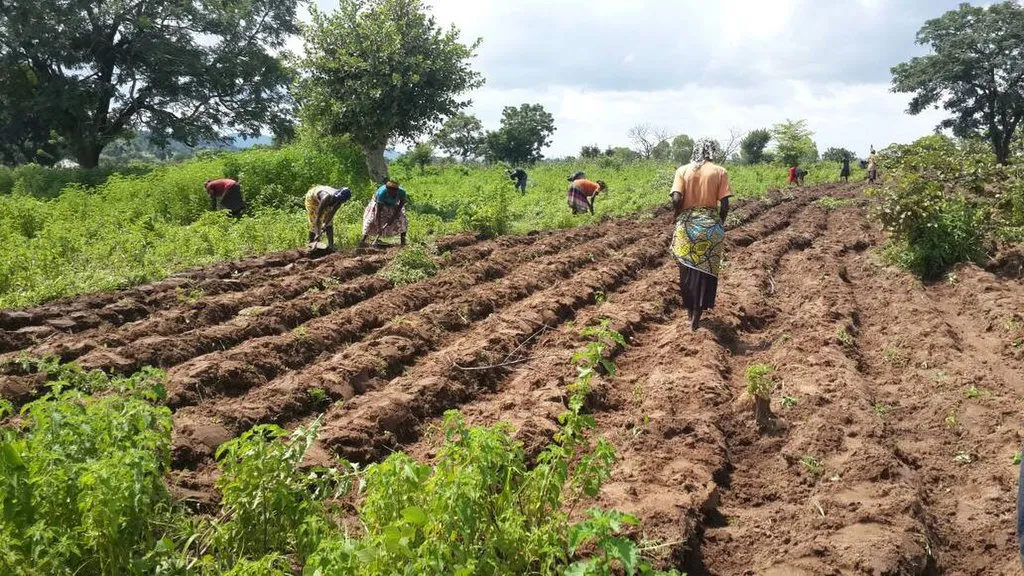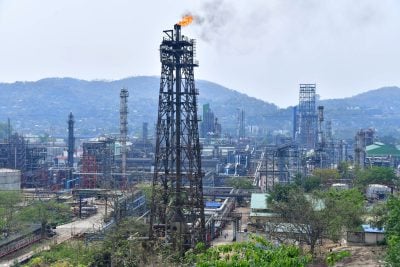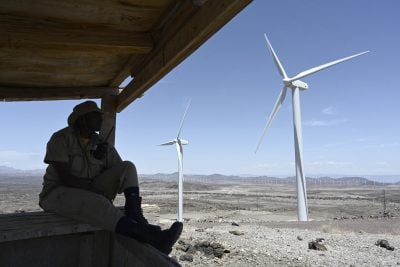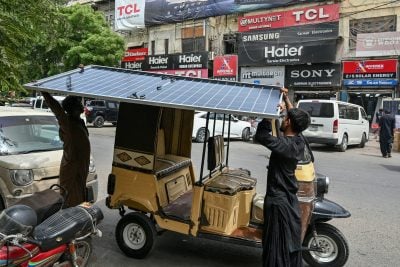Many African countries are still failing to achieve a commitment made 18 years ago to allocate at least 10% of total public spending to agriculture, while funds that are allocated are going unspent, according to a new report from the UN’s Food and Agriculture Organisation (FAO).
The report, which analysed a decade’s worth of data on government spending in 13 sub-Saharan African countries, found that in addition to Africa spending less per capita on agriculture relative to other regions in the world, very few of the countries met the 10% spending target under the African Union’s 2003 Maputo Declaration, re-iterated in 2014’s Malabo Declaration. In the 13 countries analysed, which include major agricultural producers Kenya, Tanzania and Ethiopia, governments only spent around 6% on food and agriculture.
The FAO says that fiscal constraints determined by limited revenue growth, substantial debt burdens and competition among sectors for scarce resources have made it difficult for governments to meet the target, factors all likely to be worsened by the fallout of the Covid-19 pandemic.
Funds go unspent
Even when funding was allocated to agriculture, it often went unspent. On average, 21% of budgets devoted to food and agriculture were not spent, a number that rises to 40% for donor-funded expenditures.
That is partly due to the slow disbursement of funds in such a highly seasonal business, which requires certain investments at a very specific time of the year, as well as the relatively low share of salaries in the sector compared to health and education.
Unspent funds may be dissuading governments from allocating more support to the sector, say the report authors.
“Large portions of allocated funds going unspent may be a reason why governments are reluctant to increase food and agricultural expenditure. It is therefore crucial to pursue improvements at the implementation level, increase coordination and capacity of civil servants to manage and operationalise agricultural projects, especially highly decentralised contexts, as well as rely more on budget support as a funding modality.”
A breakdown of expenditures showed input subsidies received the largest share of public spending. Spending on infrastructure, irrigation, forestry, land management and environmental protection have all risen as countries focus on sustainable agricultural growth. But countries have spent an increasing share of their budgets on social protection, such as cash transfer and school feeding programmes, at the expense of ‘public goods’ like extension services and research and development, which the report says generates more sustainable and broad-based impact.
“High priority should be given to funding programmes and projects with the highest return on investment in terms of agricultural growth, food security, and poverty reduction…While we cannot claim to find a causal impact, our analysis of the technical efficiency of expenditures indicates that, overall, countries that allocate a larger share of funding to input subsidies have lower scores on agricultural performance.”
The authors called for an increase in data to ensure that funding can be increased and efficiently allocated.
“One major factor preventing better evidence-based policy support to governments is the limited coverage of highly detailed public expenditure data. It is imperative to understand how expenditures (and which expenditures) impact agriculture and food systems, including agricultural, nutritional, environmental, and poverty outcomes.”
Want to continue reading? Subscribe today.
You've read all your free articles for this month! Subscribe now to enjoy full access to our content.
Digital Monthly
£8.00 / month
Receive full unlimited access to our articles, opinions, podcasts and more.
Digital Yearly
£70.00 / year
Our best value offer - save £26 and gain access to all of our digital content for an entire year!
 Sign in with Google
Sign in with Google 



